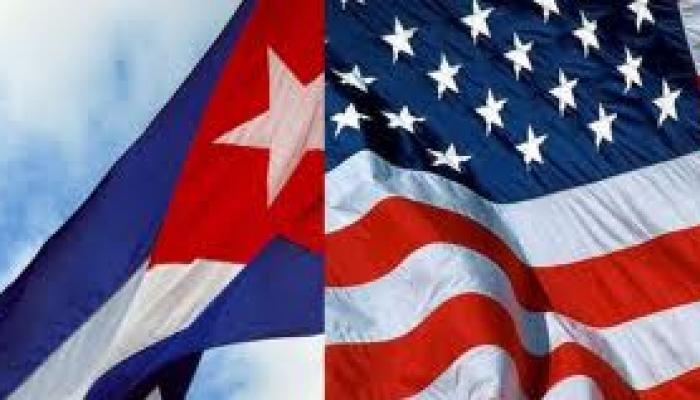Washington, November 4 (RHC)-- A report released today in the United States says just under two years after an historic breakthrough in U.S.-Cuba relations, diplomatic dialogue has advanced remarkably, but that political and bureaucratic resistance remains in place, made even more complicated by the persistence of the U.S. economic blockade against Cuba.
Prepared by The Cuba Consortium -- an assembly of prominent companies, non-profit organizations, investors, academics and entrepreneurs -- the report is said to be the first of its kind, and seeks to become a "Report Card" for the status of U.S.-Cuba relations in diplomacy, economics, politics, commerce, and tourism.
Scott Campbell, founder of the Consortium, called the report “a resource for understanding the state of play in the [Cuba-U.S.] normalization process, its ups and downs and the practical opportunities for pro-engagement” by willing U.S. actors.” But Campbell cautions that normalization is “not a forgone conclusion” and while great progress has been made, domestic politics can yet upset the process.
With revisions and contributions by The Cuba Consortium, the report is authored by well-known U.S. professor Dr. William LeoGrande, co-author of Foreign Affairs' Book of the Year "Back Channel to Cuba: The Hidden History of Negotiations Between Washington and Havana."
New Report on U.S.-Cuba Relations Assesses Progress, Barriers to Normalization

Related Articles
Commentaries
MAKE A COMMENT
All fields requiredMore Views
- Trump frees U.S. Marine who murdered three in Venezuela prison swap
- Israeli forces intercept Handala aid boat of Freedom Flotilla Coalition in international waters and detain crew
- U.S. Senate advances nomination of ultra-right wing attorney Emil Bove to lifetime appointment on federal court
- Former Brazilian president Bolsonaro sentenced for sexual crimes
- Nicolás Maduro praises Venezuela-Cuba brotherhood on Moncada anniversary

